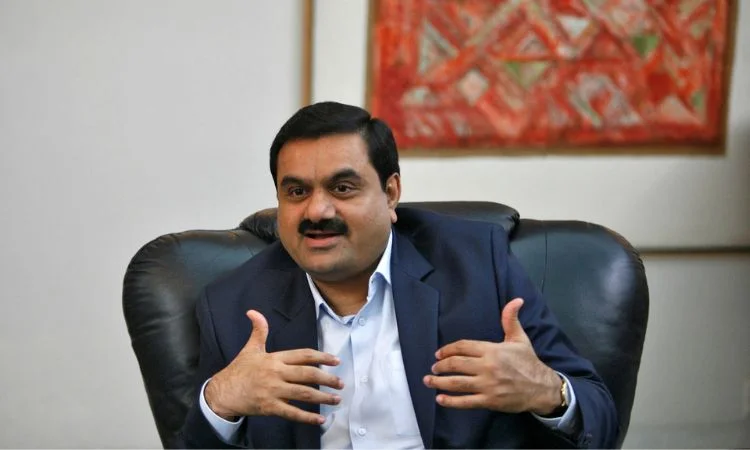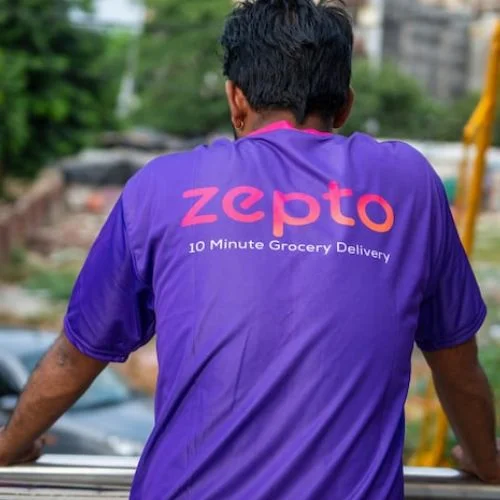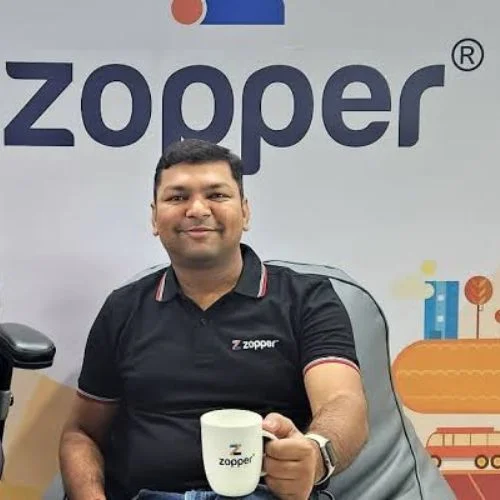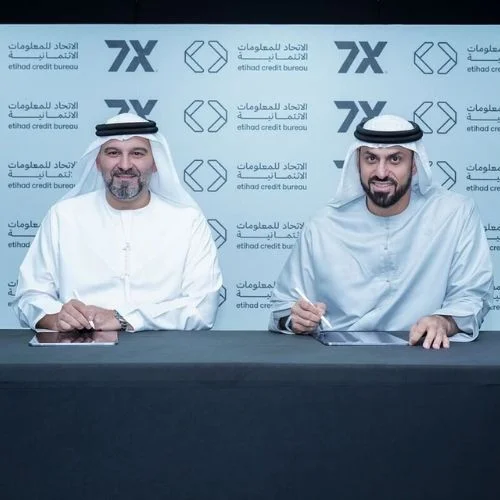Ahmedabad – A construction firm that was at the centre of a past investigation into one of India’s largest conglomerates has resurfaced as a major contractor for the group, through a new corporate identity. Howe Engineering Projects India Private Limited has in recent years steadily grown into one of the largest construction management companies involved in multiple port and power projects owned by Adani Group.

However, documents reviewed by this publication show Howe contains the core operations and management of PMC Projects Private Limited, a construction firm that was the subject of a 2014 Government of India inquiry into alleged overseas payments by Adani Group companies. The inquiry had found indications of inflated invoices and suspicious money flows involving PMC and other offshore entities linked to Gautam Adani’s elder brother Vinod Adani.
While Adani Group was cleared of all charges by statutory authorities in 2017, questions remain about its links with PMC and its new corporate avatar Howe Engineering. Company records reveal PMC’s engineering construction division was formally acquired by Howe in 2016, the year after the inquiry began. Most of PMC’s senior staff also moved to the new entity. Both companies are ultimately owned by the same group of foreign shareholders based in Mauritius.
Howe has swiftly grown into a giant firm with annual revenues now touching, according to its own filings. But it manages to do so almost entirely from Adani Group contracts, with dozens of major port and power projects under its control. Company insiders say Howe functions mostly as a ‘project management organisation’ for Adani’s ambitions, receiving huge advance payments and subcontracting the work downstream.
However, Adani companies have never publicly disclosed their transactions with Howe as ‘related party payments’, which would require higher auditing standards. When queried, they insist Howe operates independently even as its offices share Adani Group’s corporate campus. Leading corporate governance experts argue the ties warrant heightened scrutiny and transparent disclosure to investors.
The web of connections is further raised by previous links between Adani and PMC’s ultimate owners – members of a Taiwanese family with a long history of dealings with the conglomerate. Government records show revenue authorities had examined these overseas relationships as part of their inquiry years ago.
Interestingly, Taiwanese business registries still list entities owned by the family holding large Adani Group stock from over a decade ago. The group denies any present links to the family or that past transactions amounted to ‘insider trades’. But uncertainties remain about the network of interests involved.
As one of India’s fastest expanding corporations, Adani Group is now a publicly listed sector leader with global investors. However, its complex business structures and lack of transparency on certain relationships have also drawn criticism and regulatory attention. The case of Howe Engineering once again highlights these risks to transparency and governance norms.
While commercial dealings by themselves may not indicate wrongdoing, stronger disclosure is advisable given the group’s public prominence and policy-related businesses. As the conglomerate’s influence grows both within India and abroad, protecting integrity and public accountability becomes even more important. The case provides lessons for policymakers to ensure private empires of such scale uphold the highest standards of governance and oversight.















